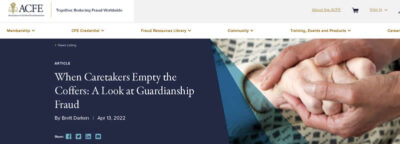THE TWELVE PRESUMPTIONS OF COURT
Exhibit # 001-1 THE TWELVE PRESUMPTIONS OF COURT All shall be considered rebutted Canon 3228 A Roman Court does not operate according to any true rule of law, but by presumptions of the law. Therefore, if presumptions presented by the private Bar Guild are not rebutted they become fact and are therefore said to stand true [Or as “truth in commerce”]. There are twelve (12) key presumptions asserted by the private Bar Guilds which if unchallenged stand true being Public Record, Public Service, Public Oath, Immunity, Summons, Custody, Court of Guardians, Court of Trustees, Government as Executor/Beneficiary, Executor De Son Tort, Incompetence, and Guilt: 1. The Presumption of Public Record is that any matter brought before a lower Roman Courts is a matter for the public record when in fact it is presumed by the members of the private Bar Guild that the matter is a private Bar Guild business matter. Unless openly rebuked and rejected by stating clearly the matter is to be on the Public Record, the matter remains a private Bar Guild matter completely under private Bar Guild rules; and 2. The Presumption of Public Service is that all the members of the Private Bar Guild who have all sworn a solemn secret absolute oath to their Guild then act as public agents of the Government, or “public officials” by making additional oaths of public office that openly and deliberately contradict their private “superior” oaths to their own Guild. Unless openly rebuked and rejected, the claim stands that these private Bar Guild members are legitimate public servants and therefore trustees under public oath; and 3. The Presumption of Public Oath is that all members of the Private Bar Guild acting in the capacity of “public officials” who… Read More




